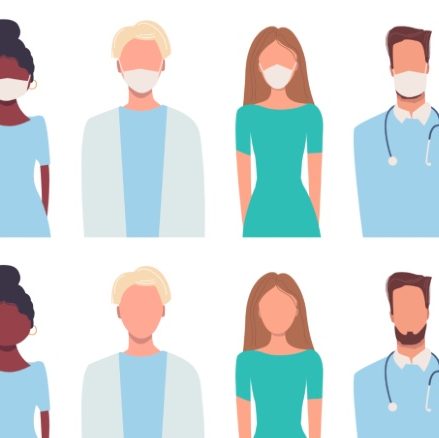Sweden has a large pool of foreign doctors who, despite years of experience and specialist competence from their home countries outside the EU and EEA, face significant obstacles in their ability to practice their profession here.
It is time to take measures to increase access to supplementary training for foreign doctors at the national level.
During the year, up to 31 August, the National Board of Health and Social Care made 547 decisions approving the examination of doctors with training from countries outside the European Union and the European Economic Area, according to statistics released by the body at our request. But since many supplementary training courses previously offered to foreign doctors have been closed or significantly reduced, our opportunities to obtain a Swedish identity have become very limited. This means not only wasting valuable efficiency, but also poor opportunities to meet the growing need for medical personnel in Sweden.
In other European countries, such as Germany, there is the possibility for foreign doctors to work as physician assistants while they wait to obtain a license [1]. This system allows doctors to contribute to the healthcare system and maintain their medical skills while waiting for formal accreditation. But in Sweden, such opportunities are almost non-existent. The few jobs available, such as medical assistant, do not match our level of education and experience. As a result, many of us, despite excellent language skills and extensive medical experience, are forced to work as nursing assistants. Not only is it ineffective, it is also destructive to our professional development.
The Umeå knowledge test, the main route to Swedish identification, has proven to be very challenging with a strong focus on preclinical issues and a high degree of complexity. For many experienced doctors, especially those with long clinical experience, it is almost impossible to pass the exam [2]. When we checked the latest figures with the National Board of Health and Social Care, the body reported that 68 out of 507 who wrote the theory exam between January and June this year had been approved.
Of the 143 people who took the practical knowledge test, 86 people passed. We recognize the importance of ensuring that all doctors in Sweden have the necessary skills, but we believe that the current system does not sufficiently take into account our previous experience and expertise.
We therefore suggest that the government and relevant authorities immediately expand access to supplementary education for foreign doctors in more universities and colleges across the country. The supplementary education offered by the Karolinska Institute for Foreign Doctors, which combines theoretical education with practical clinical training, is an example of a successful model that we believe should be replicated at the national level. This education will include courses in Swedish medical terminology, legislation, ethics and culture of care as well as clinical practice during the educational programme. In this way, foreign doctors can be better integrated into the Swedish healthcare system, which will not only benefit us as individuals but also contribute to meeting the growing demand for medical personnel in the country.
We are ready to contribute to the Swedish healthcare system, but being able to do so requires a system that makes better use of our expertise.
Read also:
The goal is in sight: a Swedish medical license
Lakartidningen.se

“Extreme tv maven. Beer fanatic. Friendly bacon fan. Communicator. Wannabe travel expert.”






More Stories
The contribution of virtual reality to research in medicine and health
The sun could hit the Internet on Earth
In memory of Jens Jørgen Jørgensen